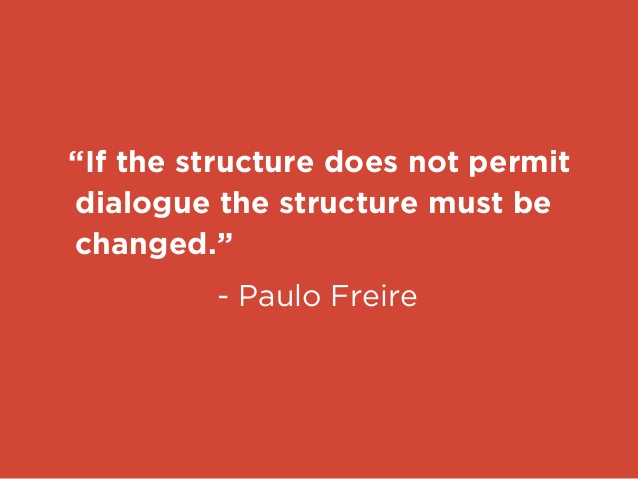By Kersti R. Wissenbach, March 2017
This week I returned to the beautiful city of Florence to spend several months with the Centre on Social Movement Studies (COSMOS) located at the Institute of Humanities and Social Science at Scuola Normale Superiore. It is my second visit to the institute and whilst Tuscany is always worth a visit, I did not (just) return for the great weather. Spending time at COSMOS proved to be a very enriching experience given the stimulating environment of like-minded social scientists and particularly a great group of researchers working on the intersection of social movement studies and media sciences –as I do.
As a communication and political science scholar with a background in critical development studies, I am working on the intersection of social movements, democracy, and communication. I am particularly interested in the role of communication in relation to power. During my stay at COSMOS I will advance a part of my theoretical work and finalize an article aiming to (re)introduce the concept of communication, as distinct from media or technology, to the field of social movement studies. I am a huge communication advocate when it comes to social and political change processes, no matter how much attention is given to the potentials of data and new technologies. I will briefly explain why.
There is much blurriness when it comes to the terminology around communication, media, and technology. In the fields of social movement studies and Development Communication much reference is made to media and oftentimes we do not clearly distinct between the terms or we find authors speaking of the use of communication where in fact referring to media as institution or technological infrastructure. Lumping together everything under the media term, however, risks disproportional techno or data deterministic attention whilst underestimating dynamics between activists that might be crucial for how (seemingly) technological interventions play out.
Why is that problematic? Communication is essentially a social practice, based on human interaction and as such relations between people. Where we have human relations and societal interactions we have power dynamics. Those power dynamics ultimately shape activist as much as governance spaces.
My doctoral research deals with what I call civic tech activism -activist groups making use of the abundance of data and new technologies to open up civil society space for direct engagement in formal governance processes and to directly hold government institutions to account. An example would be the community around the freedom of information request tool Alaveteli, which supports citizens willing to exert power over under-performing institutions in currently twenty-five countries. At its core stands a belief in the potential of ICTs and data to support citizens in the exercise of their democratic agency. There has been much attention on the potential of data and technology for governance in recent years, usually looking at platforms and tools that enable governments to open up information or that enable citizens to claim information from governments. Little attention, however, is usually given to power dynamics that emerge and persist within activist communities and thus ultimately shape who is actively engaged in building and practicing mechanisms to hold governments to account or to voice demands to government institutions. So community dynamics – relations, interactions, hierarchies- ultimately affect whose voices are heard, how accessible and accessible to whom respective tools are built, etc.
In consequence, we could say that social practices and relations within activist communities shape social practices and engagement mechanisms between civil society and government institutions. This is why I will deep-dive into communication approaches, mainly those rooted in non-western scholarship, over the coming months. My intention is to provide a conceptual framework that supports a communication driven analysis to social movement dynamics within the governance activism field.
Stay tuned for more!




